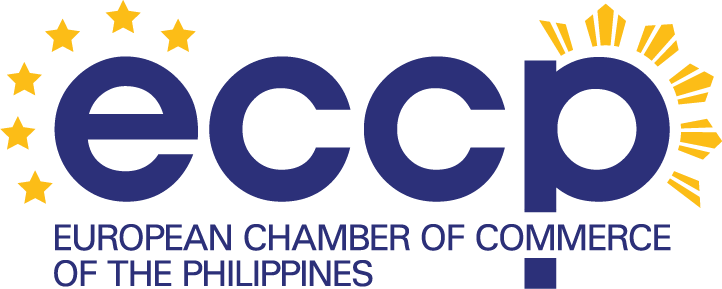
Discovering Public-Private-Partnership (PPP) Opportunities
According to ADB, provision of basic infrastructure services, including water, health, energy, transportation, and communications, is an important public sector activity. In the Philippines, each administration sought different strategies to address the issues on aging infrastructure, growing population, and the need to be more competitive in the global market, however, the increase in demand for infrastructure is faster than the government budgets. With the limited resources, the public sector engaged the private sector as an alternate modality for financing infrastructure. In 1990, the Philippine government is the first country in Asia to institutionalize the private sector participation in infrastructure and development projects.
Over the years, PPPs have been a key component of the overall strategy and development agenda of the Philippine government for inclusive growth. PPPs also represents an investment avenue for the private sector, which offers more opportunities than with traditional public procurement.
The European Chamber of Commerce of the Philippines in partnership with Villaraza & Angangco Law is organizing the second series of the forum on Doing Business with the Government focusing on PUBLIC-PRIVATE-PARTNERSHIP. The experts from V&A Law will discuss the legal framework of PPPs in the Philippines as well as provide you with the updates on PPP in the Philippines. Doing business with the government might be challenging, time consuming, and competitive but ECCP will be at your service to support your interest in exploring business opportunities with government.
This webinar covers the basics of public procurement, including:
- Why the private sector should consider engaging in PPPs
- Understanding the Legal and Regulatory Framework of PPPs
- Exploring PPPs opportunities

